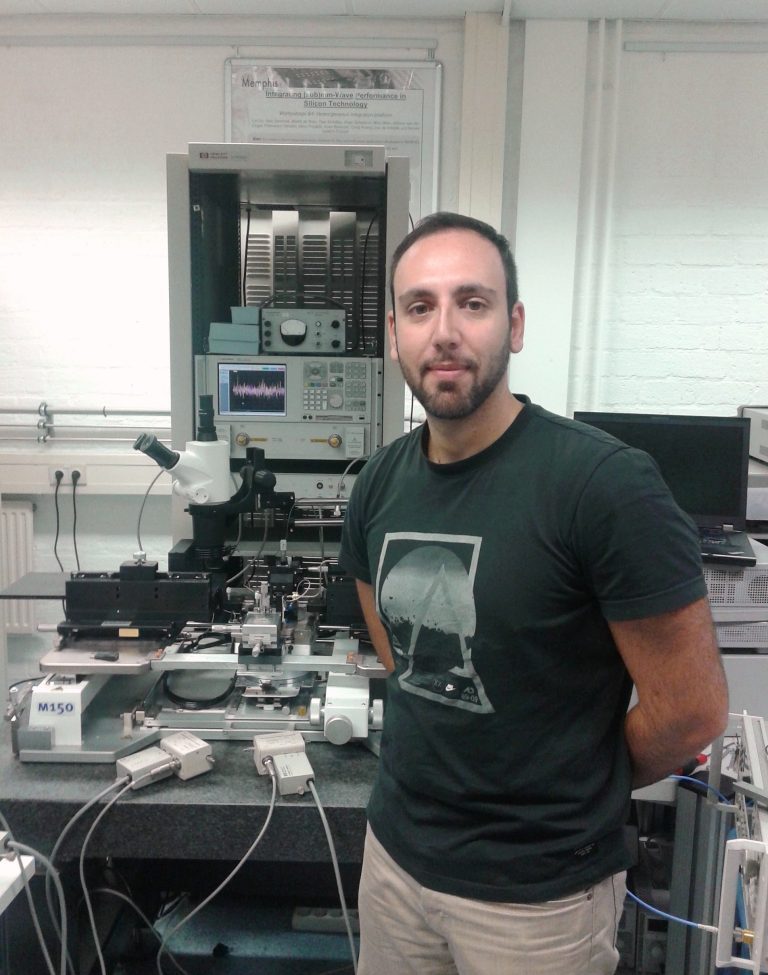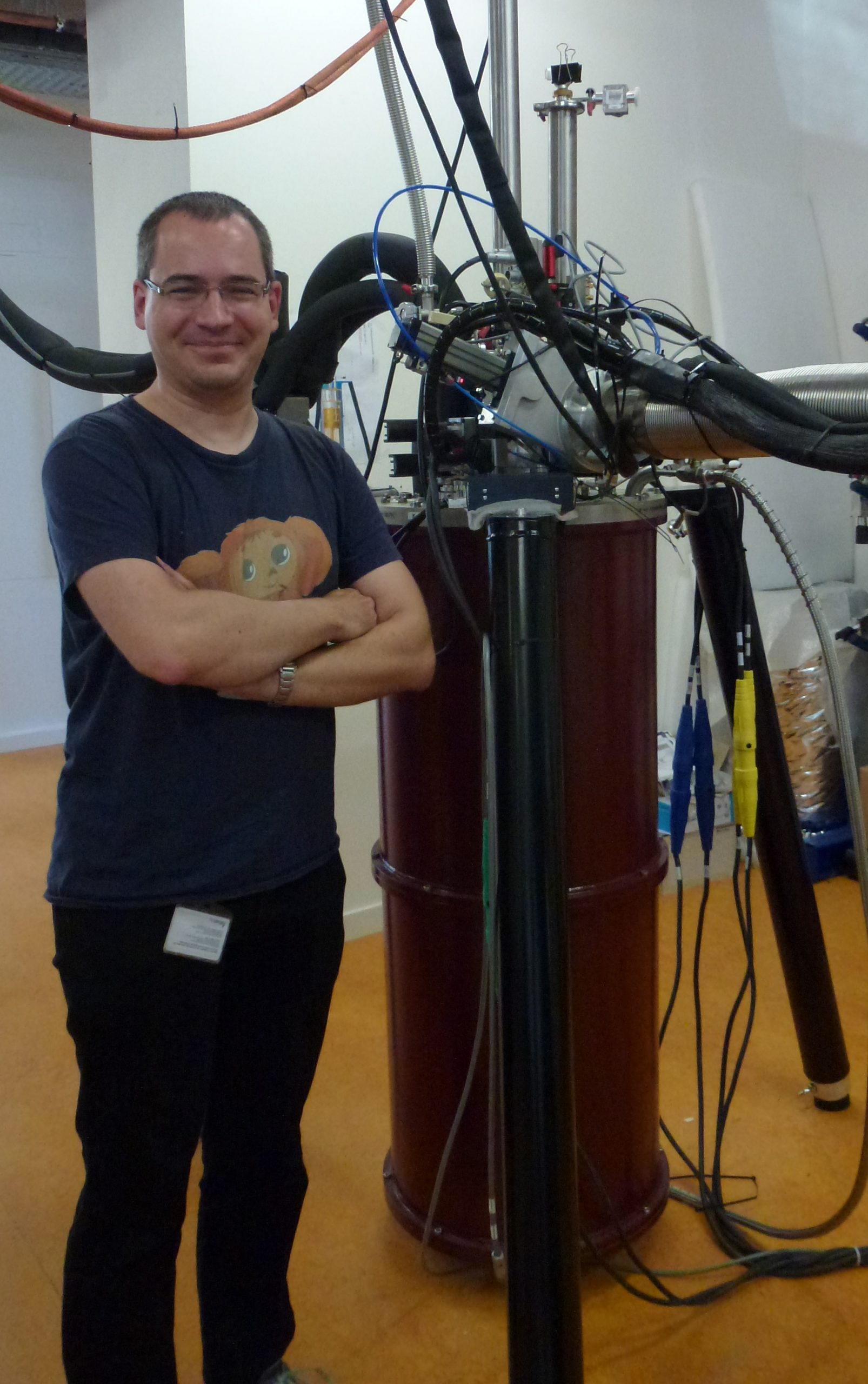Two TU Delft researchers have received €500,000 in grants from the Netherlands Organisation for Scientific Research (NWO).
Attila Geresdi and Daniele Cavallo were among the 152 researches to receive a Veni grant in 2014.
They will each receive €250,000 over the next three years to enable them to further their research in the fields of quantum physics and microelectronics respectively.
Hungarian born Attila Geresdi, who graduated summa cum laude from his PhD in Budapest in 2011, is working on a project called “Whispers of the Majorana particle.” “The Netherlands has a good reputation internationally for investing in scientific research,” says Geresdi. “Each item in the lab is worth more than the grant itself so if I had to buy the equipment I would certainly not be able to complete my research with this grant alone.” Geresdi’s research project focuses on Majorana particles, which have zero energy, zero mass and zero momentum making them very hard to detect. Geresdi hopes to use the Veni grant to develop new methods of measurement, allowing him to monitor the quantum noise generated by the majorana particles.
Daniele Cavallo graduated cum laude from Eindhoven University of Technology with a PhD in electromagnetics in 2011. Working in the EEMCS department of TU Delft since December 2011, Cavallo, originally from Italy, says there was never any question about where to undertake his Veni funded research. “My existing networks and collaborations mean that I can easily continue my research here at TU Delft,” he says. His research, “Efficient On-Chip Antennas for Terahertz Applications,” has the potential to provide wireless communication one million times faster than it is now.
As part of the NWO Incentives Scheme, the Veni grant is open to those who have completed their PhD within the last three years and are at the start of their scientific career. Recipients have been assessed as being in the top 20% of their field.

Daniele Cavallo graduated cum laude from Eindhoven University of Technology with a PhD in electromagnetics in 2011. Working in the EEMCS department of TU Delft since December 2011, Cavallo, originally from Italy, says there was never any question about where to undertake his Veni funded research. “My existing networks and collaborations mean that I can easily continue my research here at TU Delft,” he says. His research, “Efficient On-Chip Antennas for Terahertz Applications,” has the potential to provide wireless communication one million times faster than it is now.
As part of the NWO Incentives Scheme, the Veni grant is open to those who have completed their PhD within the last three years and are at the start of their scientific career. Recipients have been assessed as being in the top 20% of their field.



Comments are closed.